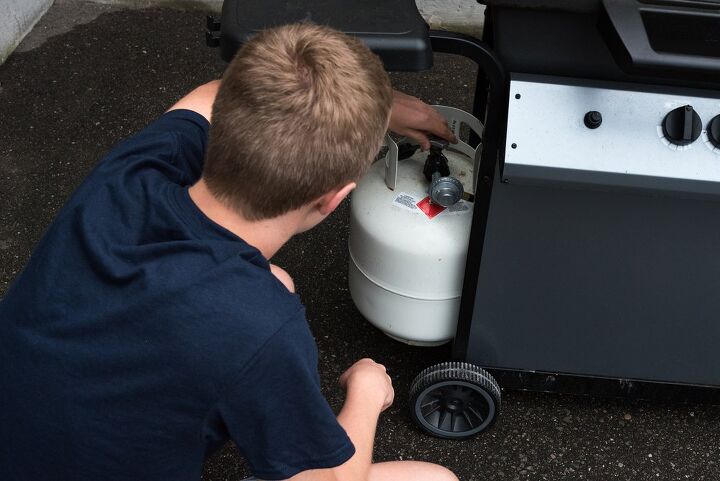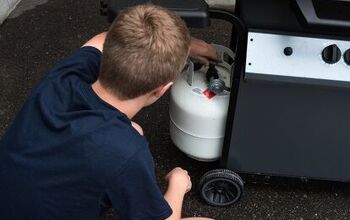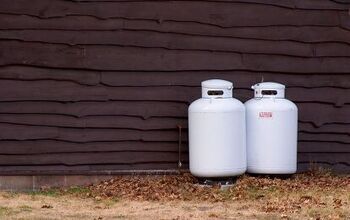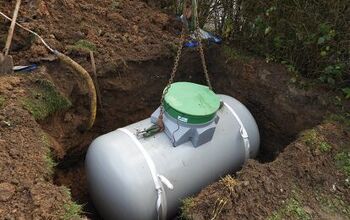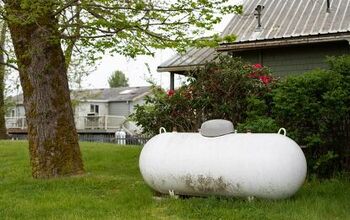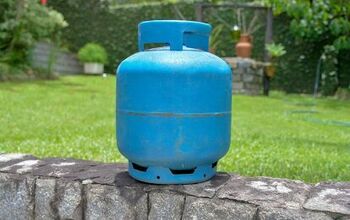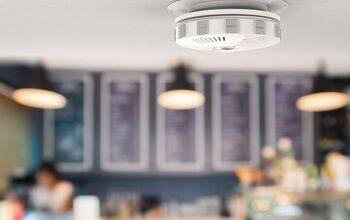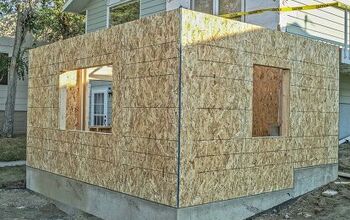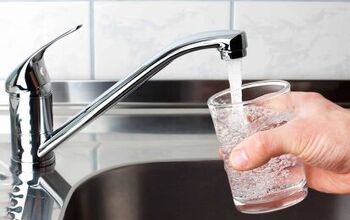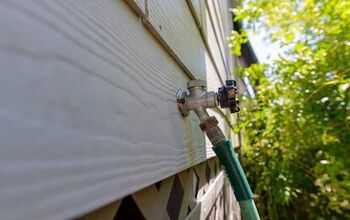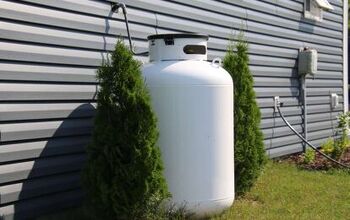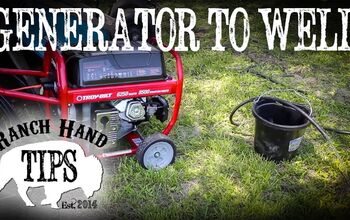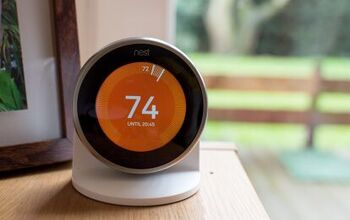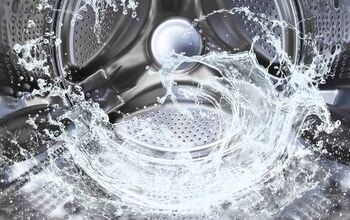Can You Leave Propane Tank Attached To The Grill? (Find Out Now!)

If you use propane as a fuel source for your barbecue grill, there are numerous steps to consider when it comes to proper storage of your propane tank. For starters, many arrive at the question: “Can you leave propane tanks attached to grill?”
During the grilling season, your propane tank can always remain attached to the grill. When it comes to storage for the winter, you can keep the propane tank connected if you are storing your grill outside. However, if you’re storing your grill indoors, the tank should be removed from the grill. Additionally, the propane tank should be turned off after each use and while in storage, regardless of whether it’s being stored indoors or outdoors.
However, there are numerous other considerations when it comes to the safe and proper storage of propane tanks. We put together this guide to help you avoid extreme hazards that can result from improper storage of propane tanks. Continue reading to learn more about how to store your propane tanks at home.
Do You Need Water or Fuel Tank Installation or Replacement?
Get free, zero-commitment quotes from pro contractors near you.

Where Should You Store Propane Tanks?
Propane tanks must be stored in an open area that has sufficient ventilation. Generally speaking, it is dangerous to store propane tanks inside or in any sort of indoor location. Avoid storage areas such as basements, garages, cars, and tents. For this reason, the best place to store a propane tank is outdoors in shade.
Storing a propane tank outdoors is even safe during the winter months, as low and freezing temperatures aren’t as hazardous as high temperatures. Though, damp conditions, like those caused by snow and rain, can result in rusting on the tank body.
Can You Leave Propane Tank Attached to Grill?
In between grilling sessions, so long as you store your grill outside, you can leave the propane tank attached. When you’ve finished grilling for the season, you only have to disconnect the propane tank if you’re storing the tank in an indoor location. If you choose to store it indoors, the propane tank must be turned off, disconnected, and fully removed from the grill. Though, keep in mind that it is highly advised that you store propane tanks outdoors.
When storing your propane tank outdoors, you do not have to disconnect the tank from the grill. However, if you’re concerned about safety at all, completely detach the propane tank from your barbecue grill during storage.
At What Temperature Should Propane Tanks Be Stored?
It’s important to avoid storing propane tanks in any environment that may experience high temperatures. This is exactly why it’s highly recommended to keep propane tanks outside of the home, as high temperatures can (on rare occasions) cause an explosion. This happens when an increase in temperature occurs outside of the tank, causing the pressure inside to rise.
In the summer, propane tanks should be stored in shaded outdoor areas and away from direct sunlight. The location that you store your propane tank should not exceed 120 degrees Fahrenheit. If the tank is exposed to high temperatures for an extended period of time and the pressure inside increases, the safety pressure release valve kicks in. This helps regulate the pressure to prevent the tank from exploding. However, it is still possible for explosions to occur so you should avoid high temperatures wherever possible.
Winter Propane Tank Storage
On the other hand, cold and even freezing temperatures do not pose any danger to propane tanks. With that said, it is perfectly safe to keep your propane tank outdoors all winter long. Though, you should still take steps to ensure that the tank is shielded from the winter elements.
This involves covering the propane tank with a plastic tarp to keep ice and snow off the surface, thus, preventing rusting and extending the life of the tank. Again, you can keep the tank connected to the grill during the winter season, it’s just crucial that the supply of gas to the grill is turned off.
When storing your propane tank outdoors for the winter, the storage location should be as flat as possible to keep the tank upright. To increase stability, you can store the propane tank inside of a milk crate and this will keep it erect while in storage.
Propane Tank Inspection Prior to Storage
Before you store your propane tank away for the off-season, you should perform an inspection – regardless of the age of tank. Look over the tank itself, as well as the valves and the connector hose for any signs of leaks or general wear. One of the easiest ways to inspect for leaks is to fill a spray bottle with water and a gentle soap.
After shutting off and disconnecting the tank, spray the mixture around the valves and hose and on the tank. If bubbles form, this indicates that there is a leak either in the tank body or on one of the tank accessories. First, double-check that the cylinder valve is completely closed and that all the connections are removed, then spray again to check for leaks.
If the bubbles persist, reach out to your local propane supplier to inquire where you should bring the tank to dispose of it properly.
Do You Need Water or Fuel Tank Installation or Replacement?
Get free, zero-commitment quotes from pro contractors near you.

Propane Gas Grill Do’s & Don’ts
In order to avoid any hazardous situations when operating a propane gas grill, consider the following do’s and don’ts.
- DO always use the propane grill in a well-ventilated environment.
- DON’T store a propane tank anywhere it may be exposed to high temperatures
- DO turn off the grill burner controls and turn of the supply of propane when not in use.
- DON’T store propane tanks indoors or in any enclosed space.
- DO ensure the grill is off and cooled before covering it after each use.
- DON’T leave your propane tank in a vehicle.
- DO use and store propane tanks in an upright, vertical position.
- DON’T use lighters or matches to inspect for leaks.
Having a solid understanding of how to properly use and store propane tanks is vital to ensure the safety of your home and your family.
Related Guide

Jessica considers herself a home improvement and design enthusiast. She grew up surrounded by constant home improvement projects and owes most of what she knows to helping her dad renovate her childhood home. Being a Los Angeles resident, Jessica spends a lot of her time looking for her next DIY project and sharing her love for home design.
More by Jessica Stone



